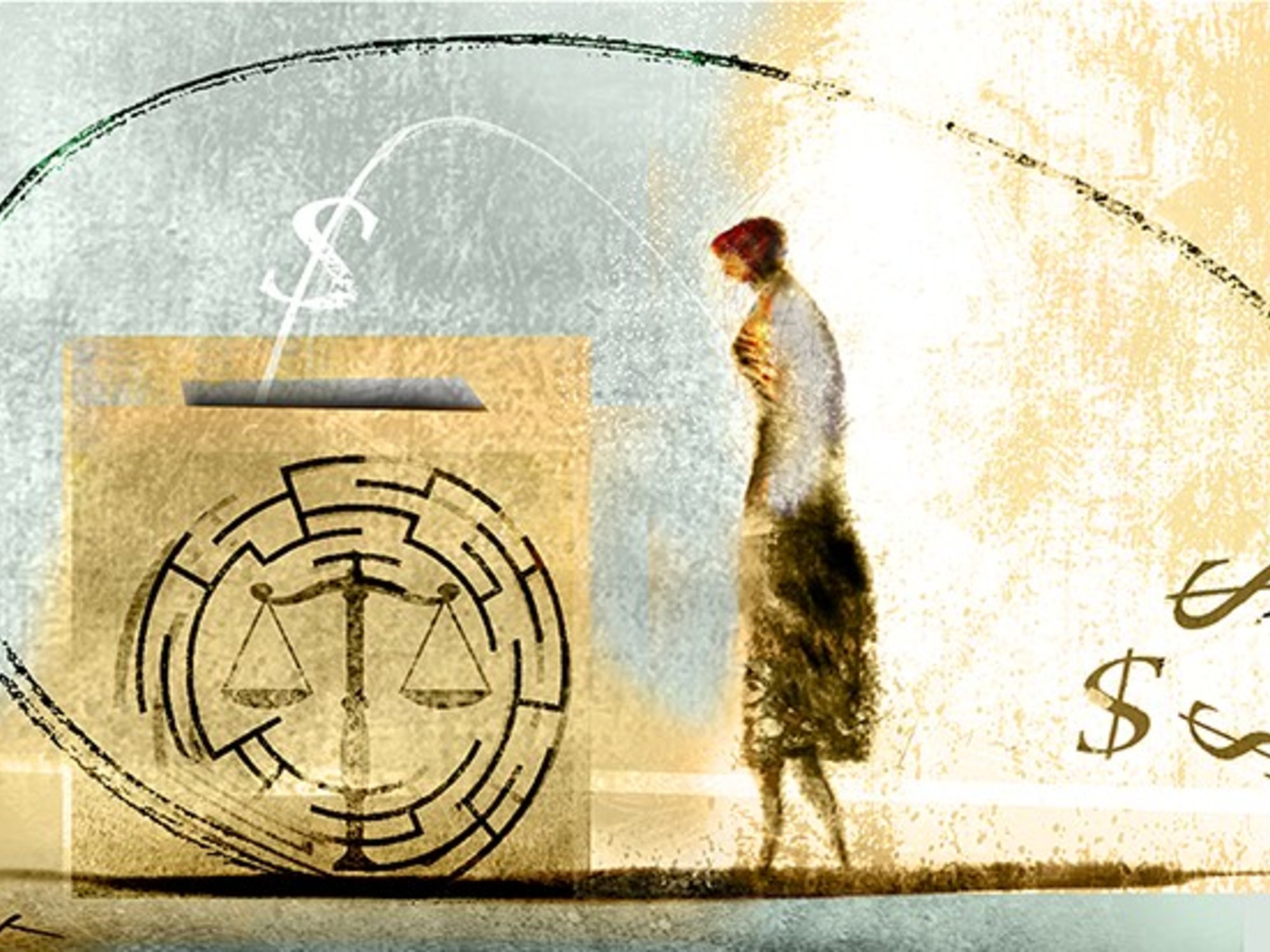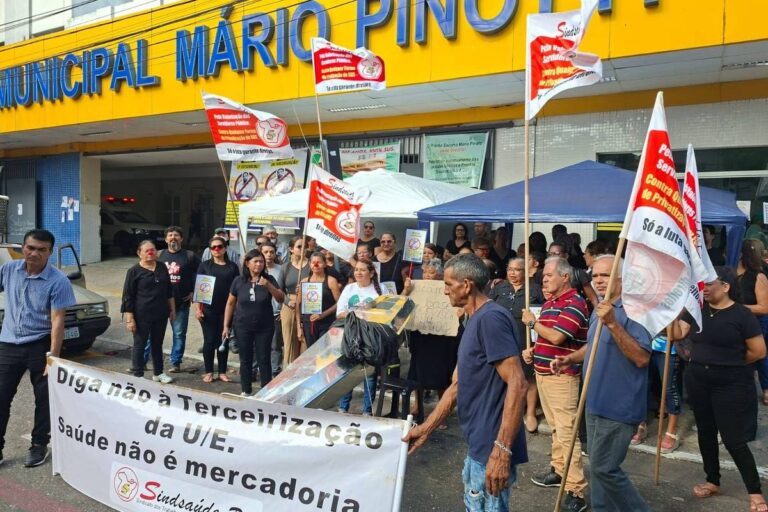
On Sunday, October 26, Argentine citizens went to vote in the midst of economic and market uncertainty that also affects governance.
The results were once again surprising and demonstrated the difficulty of predicting public behavior. This lesson has been repeated many times in our country’s history since the approval of the Saenz Peña Law.
The biggest lesson I’ve learned in my 24 years in election organizing is that people’s electoral behavior is mysterious, unpredictable, and very difficult to measure through surveys and difficult to study through rational analysis and mathematical models. Fortunately, the dollar and markets did not soar on Monday, but rather calmed down.
The participation rate of 68% was lower than the previous record for mid-term parliamentary elections of 71%, indicating that apathy is common in many countries, even though democratic institutions are not debated and generally accepted.
However, as we saw again this year, turnout in national elections is higher than in local elections. Organization and tradition work in their favor.
The debut of the Single Paper Ballot (BUP) was extremely fortunate, despite the doubts raised by changing uses and practices, the problems caused by the last-minute substitution of candidates at the head of the list in the Buenos Aires constituency, the virtual impossibility of timely reprinting, and the costs it incurred for the state.
It is worth remembering that the National Electoral Chamber has given impetus to this issue since 2007, and the active support by civil society organizations that made it possible for the National Assembly to approve this law last year.
The level of invalid votes was lower than expected, as the election was orderly and understandable to the public, both at the time of voting and during vote counting at polling stations.
Once the final count was completed, the challenges and observations resolved by the 24 national election commissions narrowed the gap, but the results remained consistent with what was reported on election night.
A distinctive feature of the system is the large number of tasks the Ministry of the Interior has delegated to the post office, including printing ballots and registers and directly contracting for provisional tabulations.
It was very good that this premiere took place during a parliamentary election, in order to assess the difficulties that its use could cause in presidential and parliamentary elections, which will take place in 2027 and will be important to push for the necessary reforms next year.
The current single vote does not allow simultaneous holding of local elections, and this should be evaluated. This is because regions that chose to hold municipal elections on the same day had to come to an agreement with the national election authorities to either hold simultaneous elections using separate ballot papers and ballot boxes, or to separate elections, as happened in 13 regions this year, creating a complicated situation that encouraged abstentions.
Another important task is to reanalyze the internal party election system after the suspension of PASO ends. In some states, voting was so large that some political groups competed in three or four subsectors. Article 38 of the country’s constitution calls for internal democracy, but this should not be reversed, is not necessarily mandatory, and can be presented in various forms.
Setbacks include testimonial candidacy, which violates the bond of political representation between voters and elected officials and, in our opinion, violates the Constitution. Buenos Aires province had 26 mayoral candidates with these characteristics, as the content of the issue did not reach the federal judiciary in a timely manner and was allowed to pass at the local level. It is unfortunate that bad practices are not being eradicated and are being repeated.
As Dr. Carlos Feit taught in his book Suffrage and Political Representation, the electoral offer accepted by the people through suffrage strengthens the legal relationship of public law between the representative and the represented.
Elected people’s duty is not to party leaders, but to the electoral institutions that anointed them to fulfill the mission for which they ran. Sovereignty is based on a generalized belief in the legitimacy of a particular.



